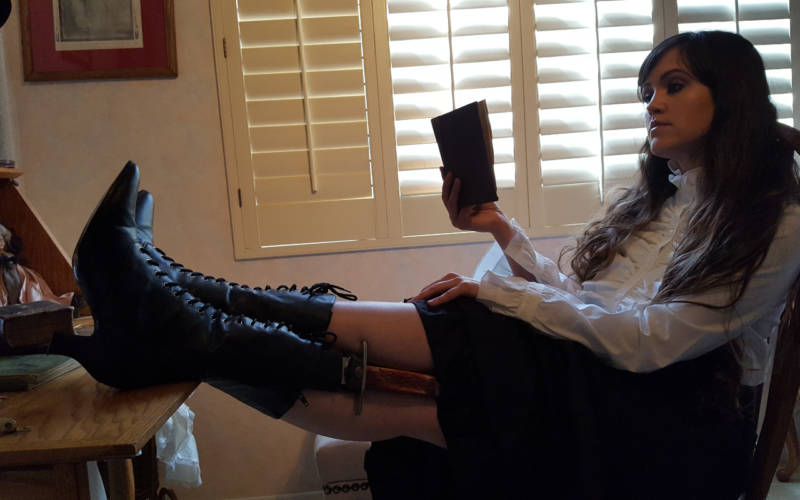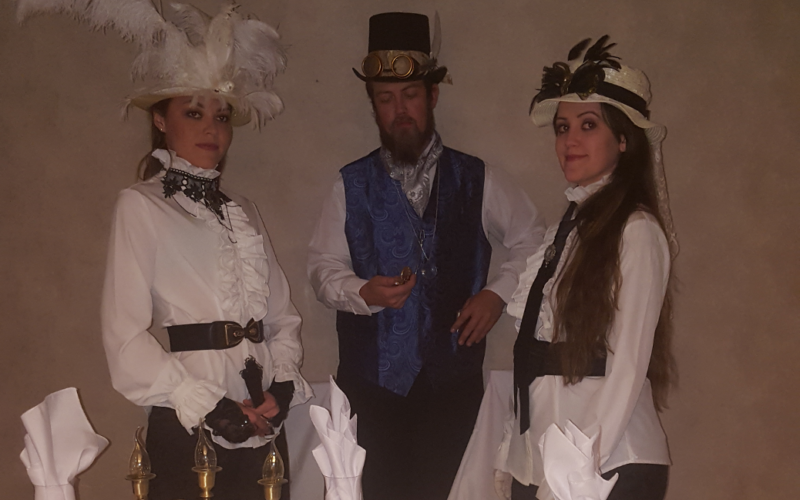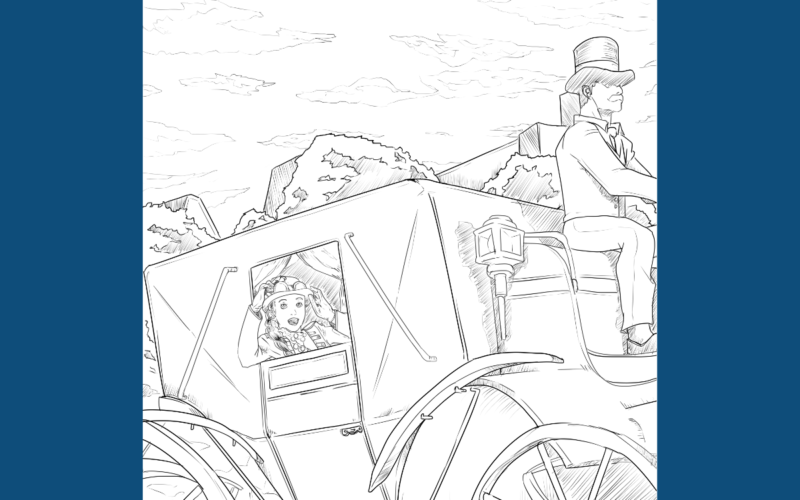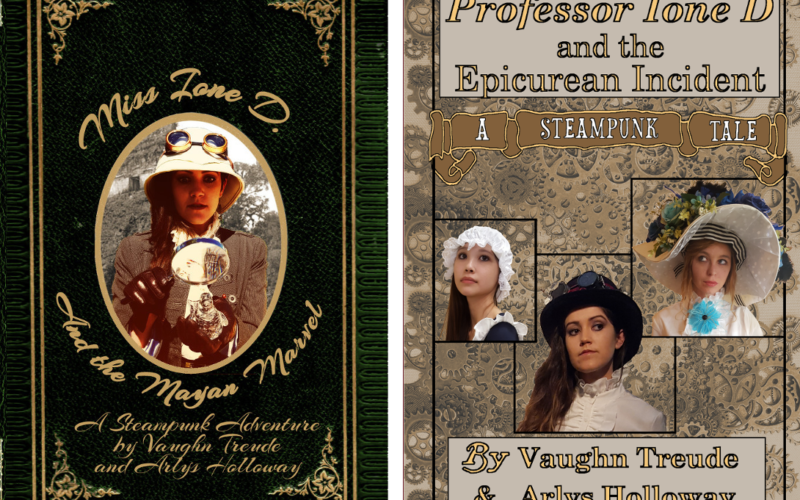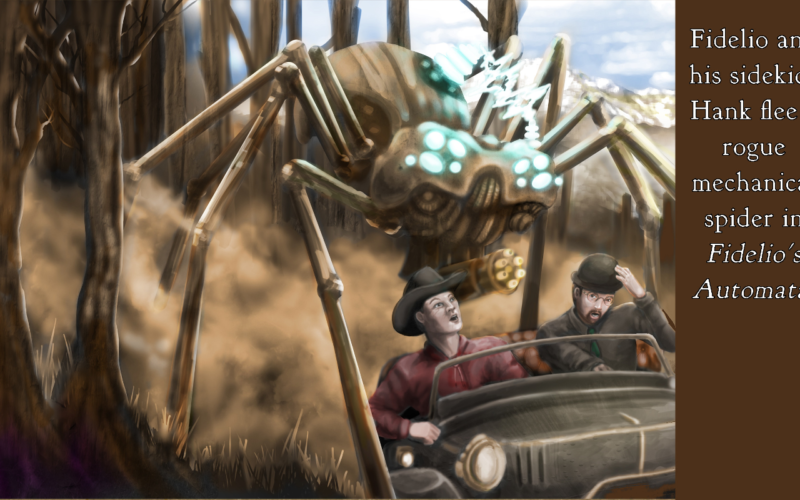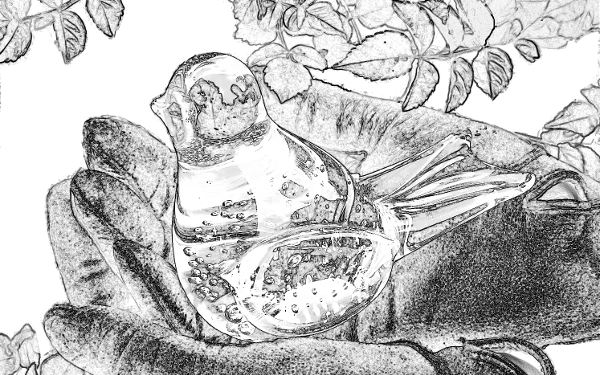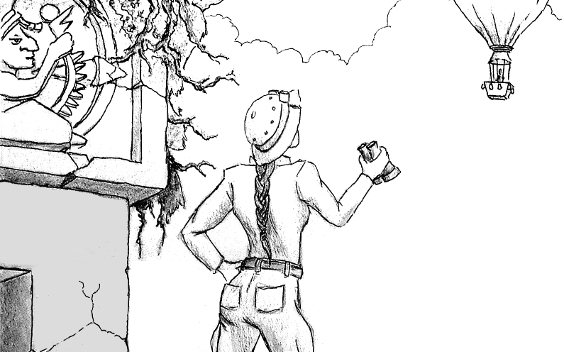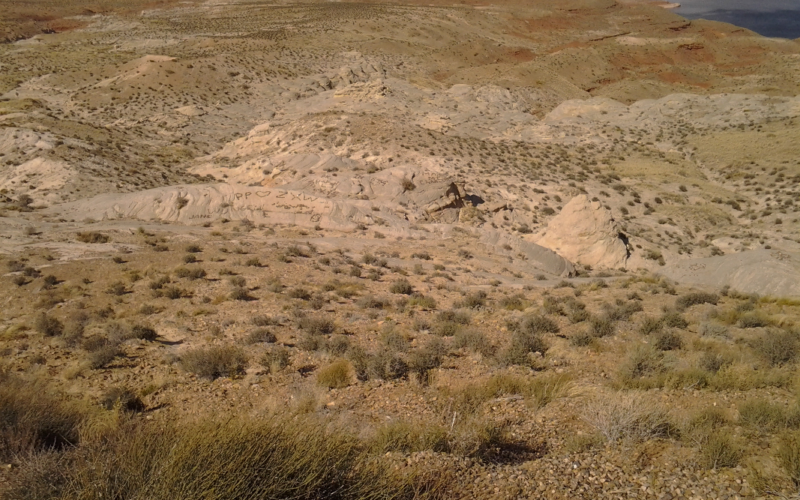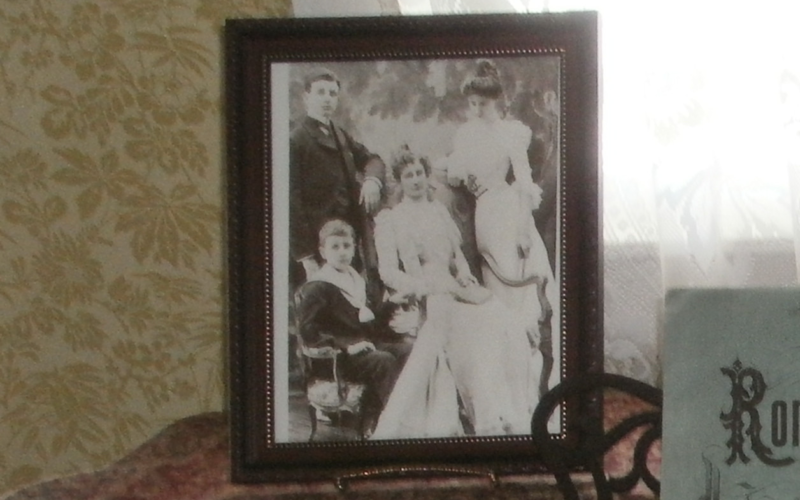
As you should know by now, I really love a good alternate history. Some writers change one or two things and others change many things. A good example of the latter is Kingdom of the Wicked by Helen Dale. Her story (which is split into two books) explores a scenario in which the Industrial Revolution happened in the early days of the Roman Empire. By the time of the New Testament, aircraft, computers, and television are in common use. The novel’s main focus is on what would happen to a man like Jesus in a modern state. He’d be tried for terrorism, of course. It was such an intriguing idea that I had to download the book immediately.
The first thing that surprised me was how much I loved Dale’s Romans. Her alternative Empire has outlawed its worst historical traits – slavery, pedophilia, crucifixion – and kept its best: prosperity, progress, tolerance, and order. Pontius Pilate is a sympathetic fellow, a well-meaning bureaucrat with the unenviable job of ruling the most restive province in the Empire. The Zealots, Rome’s real-life nemesis, are portrayed as ISIS-like terrorists who plant IED’s in the well-maintained Roman roads and assassinate Jewish collaborators. Judas Iscariot is one of them. He attempts (unsuccessfully) to kill his sister for having relations with a Roman. Yet Jesus forgives him and welcomes him into his flock. Unbeknownst to Jesus, Judas continues his terrorist activities with the bombing of a Roman abortion clinic.
This Jesus is, like the Biblical Jesus, a pacifist and an idealist who wants to reform the more onerous aspects of Jewish law, such as the stoning of adulterers. He is reputed to perform miracles, and some healing-type miracles do happen, though the Romans explain these away. What gets Jesus into trouble is his relationship with the terrorists Judas and Simon, as well as the unintended consequences of his group’s purge of the moneychangers from the Jerusalem Temple. A souvenir vendor dies in an accidental fall and thus Jesus is charged with murder. As an attorney, Dale knows well the plausibility of this scenario. This charge comes up frequently in modern law in which the commission of a crime results in an accidental death.
If Kingdom of the Wicked has a flaw, it’s that Jesus is a minor character in the story. It’s more about the struggles of the enlightened and progressive Romans to rule the Judeans, the more backward of whom routinely kill gays and apostates. The High Priest Caiaphas and Pilate get plenty of attention in this book, as well as Mary Magdalene (a local TV newscaster), Joseph of Arimathea, and Judas. There are in fact many principle characters, both Roman and Judean, who struggle with the clash between cultures and the difficulty of pursuing romantic relationships across ethnic lines.
At first, I was impatient to get to the part about Jesus, but the other characters were engaging enough that I got caught up in their struggles. Dale’s writing style is masterful enough that I didn’t notice it, a nice balance of description, exposition, and dialog. There’s a bit of head-hopping between points of view. Surprisingly, I rarely found that disorienting. The best part was the humor, especially as expressed by the Roman soldiery. When one of them hears that Jesus’ teachings promise eternal hellfire for the unrepentant, one of them remarks, “Who thinks up this shit?”
Obviously, this book is not for everyone. Devout Christians will probably not find the soldier’s remark as amusing as I did. Nor will social-justice leftists appreciate the positive portrayal of imperialism and “toxic” masculinity, though Roman women are in some respects more liberated than modern Western women. There are some sex scenes as well, not particularly graphic but not at all demure either. I found it to be one of those rare stories that I enjoyed so much that I actually rushed through it. I haven’t experienced that since the last Harry Potter book.
I also have to give Ms. Dale kudos for selecting artist Terry Rodgers whose cover and flyleaf images are amazing!
Kingdom of the Wicked is a fascinating two-book series that considers the narrative of the New Testament from a modern technological viewpoint. I heartily recommend it to mature middle-of-the-road readers who aren’t easily offended. In the Desperado’s steampunk-based rating system, I give it a perfect five out of five gears.







